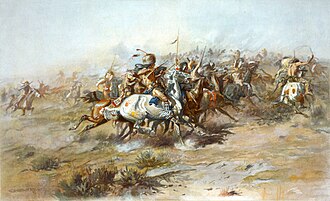1/1
The War Won by the Village Chief, Not the Colonel
In Vietnam, American officers drew lines on maps. Villages were “cleared,” hills were “taken,” and statistics showed progress. On paper, the war looked winnable. But down in the villages, the war had a different face. A farmer needed his rice field protected, not a lecture about communism. A family wanted their son back from the draft, not a new schoolhouse built by foreign soldiers. To them, the village chief’s word carried more weight than the colonel’s orders. The Viet Cong understood this. They moved at night, ate the same food as the locals, listened to their grievances. They punished landlords, settled disputes, and—most importantly—never looked like outsiders. Every time an American helicopter thundered overhead, it reminded the villagers who was foreign, and who lived next door. By the time the U.S. realized that “hearts and minds” were the real battlefield, the hearts and minds were already gone. So who really wins a war—the one who takes the hill on a map, or the one who owns the loyalty of the man who farms it? #Military #History #Vietnam #Counterinsurgency
12 days ago
write a comment...
